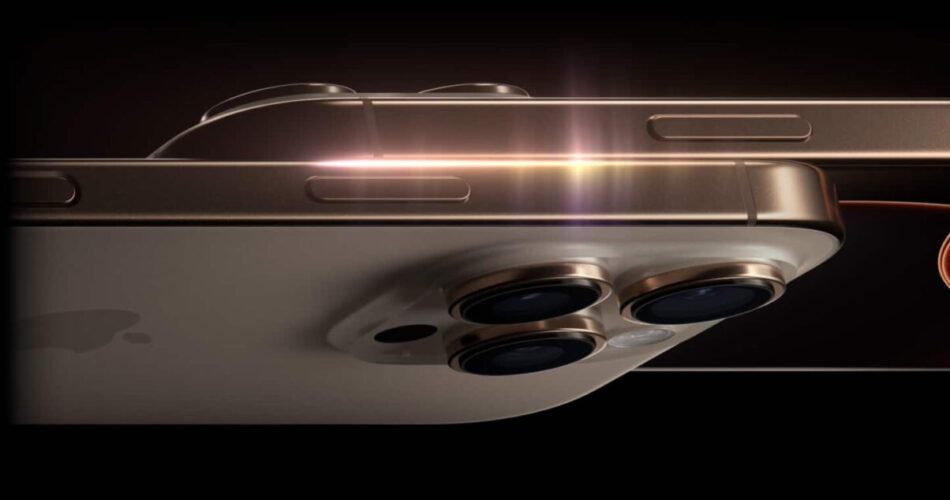Apple is reportedly preparing to introduce an in-house Wi-Fi 7 chip with the iPhone 17, a move that would mark a significant departure from its longstanding reliance on Broadcom for Wi-Fi and Bluetooth components. This insight, shared by TF International Securities analyst Ming-Chi Kuo, adds to the growing body of evidence suggesting Apple’s strategic push toward self-reliance in critical hardware areas. According to Kuo, Apple aims to use the new Wi-Fi chip across all of its products by 2028, enhancing performance and ensuring tighter integration within its ecosystem.
In a post on X, Kuo stated that Apple plans to begin this transition with the iPhone 17, set for release in the second half of 2025. Manufactured by TSMC on the N7 or 7-nanometer process, this chip will support Wi-Fi 7, the latest wireless communication standard, which promises faster speeds, lower latency, and improved efficiency over previous iterations.
Apple currently sources Wi-Fi and Bluetooth components from Broadcom, which supplies over 300 million Wi-Fi+BT chips to the company annually. However, as Apple reduces its reliance on third-party suppliers like Broadcom, it anticipates saving on production costs while gaining greater control over the development and integration of connectivity features across its devices.
Efforts to develop a proprietary Wi-Fi chip have been ongoing alongside Apple’s work on its own 5G modem, another component that currently relies on external suppliers like Qualcomm. While Apple initially targeted 2023 for its 5G modem debut, development challenges postponed this to 2025, with reports suggesting the iPhone SE 4, expected in early 2025, will be the first device to feature Apple’s in-house 5G solution. Apple’s new Wi-Fi 7 and 5G chips will initially be separate units, allowing the company to manage production independently based on separate manufacturing timelines and processes.
This shift from Broadcom could have broader implications for Apple’s product roadmap, as Kuo hints that Apple’s in-house chips could extend beyond the iPhone to other devices. In particular, the iPhone 17 Air, Apple Watch, iPad, and potentially even Macs could be fitted with these proprietary chips as Apple brings them into the ecosystem over the coming years.
For devices like the Apple Watch, where size constraints are critical, Apple may need to develop specialized versions of the Wi-Fi chip. However, Kuo notes that the Apple Watch has already been using its own cellular modems since the release of the Series 3 in 2019, indicating Apple’s willingness to create device-specific connectivity solutions when necessary.
The technological and financial motivations behind this shift are substantial. Beyond cost savings, Apple’s proprietary chips offer potential enhancements in data security, energy efficiency, and overall device performance. By integrating Wi-Fi and Bluetooth functionality into its own silicon, Apple gains the flexibility to optimize wireless protocols in ways that align closely with its proprietary software and hardware frameworks, offering users a more cohesive and potentially more secure experience.
While the timeline for complete in-house adoption remains uncertain, the tech giant’s ambitions could eventually expand to Wi-Fi-equipped Apple Watch, iPad, and even Mac models, providing a seamless experience across its product range.
Subscribe to our email newsletter to get the latest posts delivered right to your email.


Comments